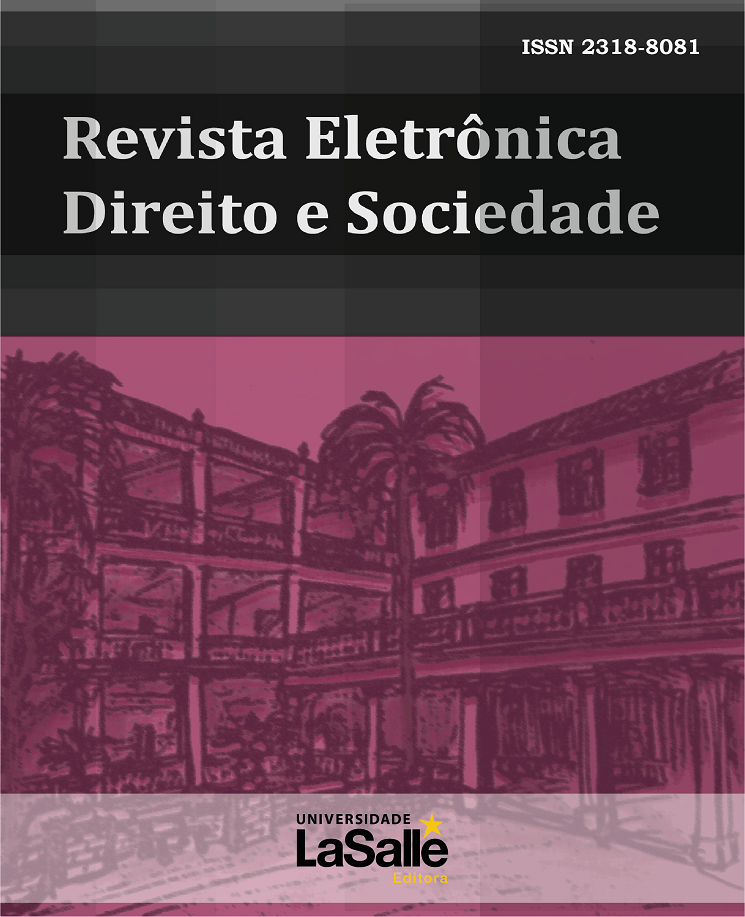Protection of personal data and democracy: fake news, voter manipulation and the case of Cambridge Analytica
DOI:
https://doi.org/10.18316/redes.v7i3.5610Keywords:
Data Protection, Democracy, Fake News, Electoral Advertising, Information Society.Abstract
Within the context of the Information Society, this article analyzes the importance of protecting the personal data left by users on the Internet, in order to minimize possible manipulation of the voter through instruments such as fake news or targeted advertising. Among other evils, these malicious expedients obscure the candidate’s figure in regard to his past, his most relevant ideas, and propositions. The article describes the Cambridge Analytica case that, from the data collection of millions of potential voters, even obtained in a very questionable way, produced material specifically directed to several predetermined profiles. It is believed that this performance eventually influenced, at levels still to be better investigated, the 2016 US presidential election that culminated in the victory of Republican candidate Donald Trump. The article also addresses how some legislation has come to address the issue of protection of personal data in virtual environments. Regarding the methodology, this is a qualitative study with results obtained primarily by induction.
Downloads
Published
Issue
Section
License
Authors who submit their manuscripts for publication in the “REDES” Magazine agree to the following terms:
The authors claim to be aware that they retain copyright by giving “REDES” the right to publish.
The authors declare to be aware that the work submitted will be licensed under the Creative Commons Non-Commercial Attribution License which allows article sharing with acknowledgment of authorship and publication in this journal.
The authors declare to be aware that by virtue of the articles published in this journal have free public access.
The authors declare, under the penalty of the law, that the text is unpublished and original and that they are aware that plagiarism has been identified, plagiarized authors will be informed - willingly, to take legal action in the civil and criminal sphere - and, plagiarists will have their access to the magazine blocked.
The authors state that - in case of co-authoring - all contributed significantly to the research.
Authors are obliged to provide retractions and (or) corrections of errors in case of detection.
The authors are obliged not to publish the text submitted to “REDES” in another electronic journal (or not).
The Electronic Journal Law and Society - REDES - is licensed under a Creative Commons License. Attribution-NonCommercial 4.0 International.Based on work available at "http://revistas.unilasalle.edu.br/index.php/redes/about/submissions#copyrightNotice".
Permissions in addition to those granted under this license may be available at http://creativecommons.org/.

